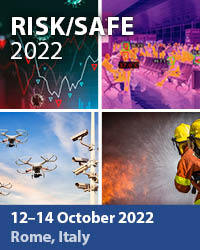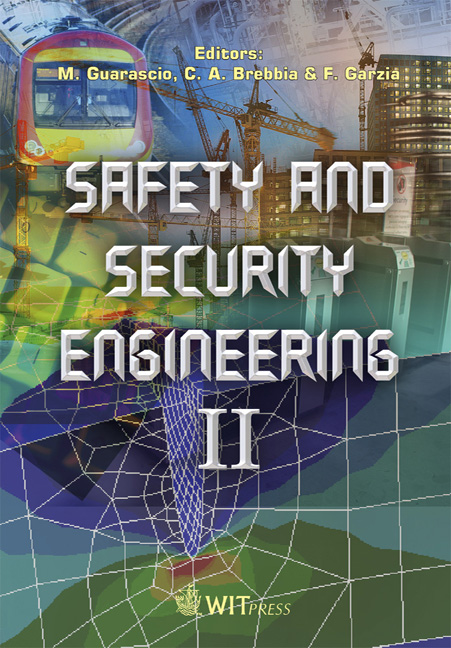Major Hazard Accident Risk And Land Planning – Italian Case Studies: Difficulties In Satisfying Law Requirements And Application To Existing Overexploited Areas
Price
Free (open access)
Transaction
Volume
94
Pages
9
Published
2007
Size
3,661 kb
Paper DOI
10.2495/SAFE070101
Copyright
WIT Press
Author(s)
A. Romano, C. Gaslini & M. Gotti
Abstract
One of the aims of the Seveso III Directive is to grant safe and coherent land use in areas exposed to major accident risk coming from industrial plants. The rules for land use planning have been coded in the Italian Decree (May 9, 2001) having the title \“Minimum safety requirements for civil and industrial land planning in area affected by major accidents risk”. The authors will analyze some substantial problems: many residential areas were built in the sixties just adjacent to industrial areas, with the aim of granting short trips for workers from home to work. The Seveso III Directive now aims to grant safety in land planning, but it is often too late when the land is overexploited, and you have to choose between industrial and civil rights. No new industry or change of existing installations can impose limitation in land use, which is ruled by a number of different local Authorities, each having its role and responsibility and often using different criteria for land use planning, different standards and guidelines, different ways, \“languages” and time schedules to code the land use planning rules and different competences (process engineers, architects, land use managers, advocates, etc.). All the Authorities having jurisdiction should collaborate in order to address the compatibility criteria and identify the ‘sensible receptors’. A Decision Support System (DSS) has been designed in order to make all the different participants work with their competence in their \“language” and manage the land use planning issues in a coherent way as a team. Keywords: territorial planning, major hazard, accidental scenarios.
Keywords
territorial planning, major hazard, accidental scenarios.





